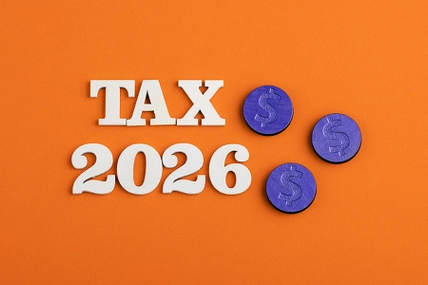Shares and stocks are two important definitions that anybody should know in studying the joint stock company. Besides, it is also necessary to differentiate share, stock, dividend and shareholder in joint stock companies.
1. Shares and stocks
The following table shall differentiate shares and stocks:
Criteria | Shares | Stocks |
Definition | Is the charter capital of joint stock companies in equal portions | Means a type of securities certifying its holders’ lawful rights and benefits to a portion of equity of an issuing institution |
Characteristics | Share value is shown by stocks | Certificate of securities certifying ownership over a portion of shares |
Legal validity | Bases for the member's capital contribution in joint stock companies and are the legal basis for proofing members are the company's shareholders. | Bases for share ownership of that company |
Par value | Par value of shares is decided by the company | Par value of stocks and fund certificates offered to the public is VND 10,000 (Clause 2, Article 13, Law on Securities 2019). |
Law for adjustment | Law on Enterprise No. 59/2020/QH14 and Law on Securities No. 54/2019/QH14 | |
Classification | Ordinary shares (joint stock companies must have) Voting preferred shares; Dividend preferred shares, Redeemable preferred shares; other preferred shares | No classification |
Therefore, the share is the base of share ownership of the company and the type of asset which show share values.

2. Shares, stocks, dividends, and shareholders
2.1. What is the share?
In accordance with Point a, Clause 1, Article 111, Law on Enterprise 2020,
Shares include ordinary shares and preference shares.
- Owners of ordinary shares are ordinary shareholders.
- Owners of preference shares are preference shareholders. Preference shares must be of the following types:
+ Dividend preferred shares;
+ Redeemable preferred shares;
+ Voting preferred shares;
+ Other preferred shares as specified in the company charter and the law on securities
2.2. What is the share?
In accordance with Clause 1, Article 121, Law on Enterprise 2020, a share certificate means a certificate issued by a joint stock company, a book entry, or electronic data certifying the ownership of one or more than one share of such company.
Besides, the stock is a type of security (means asset), and is the subject in the stock exchanges (In accordance with Clause 1, Article 4, Law on Securities 2019).
2.3. What is the dividend?
A dividend means a distribution of net profit in cash or in another asset per share (in accordance with Clause 5, Article 4, Law on Enterprise 2020).
Which: Net profit of the enterprise is the difference between total revenue subtracted from costs, including taxes. Therefore, the net profit is the after-tax profit of the enterprise.
In accordance with Article 135, Law on Enterprise 2020, dividends paid for ordinary shares shall be determined on the basis of the net profit realized and the payment for dividends shall be sourced from profits retained by the company.
A joint stock company may only pay dividends of ordinary shares when fully satisfying the following conditions:
- The company has fulfilled its tax obligations and other financial obligations in accordance with law;
- The company has set aside all funds of the company and fully offset previous losses in accordance with law and the company charter;
Right after making full payment of all intended dividends, the company still ensures the full payment of its debts and other property obligations which become due.
Dividends may be paid in cash or by shares of the company or other assets as specified in the company charter. In case payment is made in cash, it shall be made in Vietnam dong or other means of payment in accordance with law (Clause 3, Article 135, Law on Enterprise 2020).

3. What is the shareholder?
In accordance with Point b, Clause 1, Article 111, Law on Enterprise 2020, Shareholders may be organizations or individuals; the minimum number of shareholders is 3 and there is no restriction on the maximum number of shareholders;
Shareholders have the relevant rights with the type of shares owned.
Conclusion: The differentiation between shares and stocks can help individuals and organizations have a deeper understanding on primary definitions when having investment in the stock market
.










